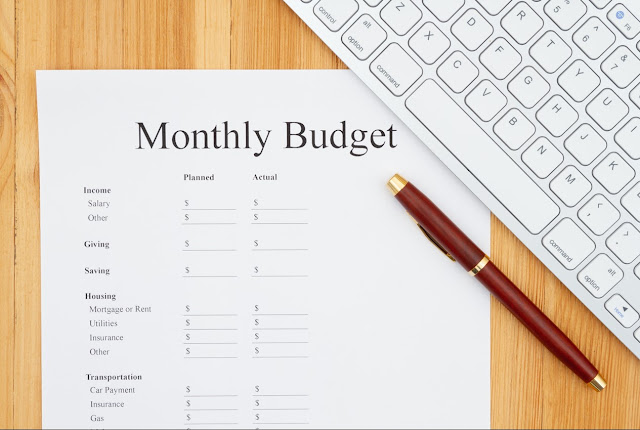 If you need a bit of financing to start your business, a loan can be a great option. A business loan is one of the quickest ways that you can help an entrepreneur like yourself get the upfront cash to start operating a business while it’s still in the initial stages. The right business loan for you can help your startup company differently.
If you need a bit of financing to start your business, a loan can be a great option. A business loan is one of the quickest ways that you can help an entrepreneur like yourself get the upfront cash to start operating a business while it’s still in the initial stages. The right business loan for you can help your startup company differently.A Quick Cash Source
As soon as you’re approved for a loan, you’ll have access to money that can be used to pay for different business expenses. Most loans have short turnaround times for approval, and securing one of these loans can be especially helpful if you need fast cash to pay vendors, inspectors, or other individuals who are trying to help you launch your business.
You can also use the money that you receive from your loan to pay for office supplies and other important items that are essential to running your company.
Whether you need a few hundred or several thousand dollars to get your business going, you can apply for as much cash as needed and get the entire amount upon approval.
Helps You Establish Credit
Even though you likely already have personal credit that’s in good standing, you’ll still want to establish credit for your business that’s separate from your own financial history.
A business loan can help you establish credit for your company so that you’ll have an easier time getting approved for future business loans if needed. Business loans that are paid off in full without any outstanding balances left over can help companies like you earn even higher credit scores.
No Immediate Need to Repay
In most cases, you won’t be required to pay off an entire business loan right away, and you can carry a balance and make only the required minimum payments until your company becomes more financially stable.
Even though it’s best to pay off the entire loan quickly to avoid finance charges, you’ll have more time to repay the loan and ease some of your financial burdens if you cannot acquire all the money to pay off the entire loan amount immediately.
Starting a business often involves some major financial investments, and you’ll have an easier time paying the expected and unexpected expenses that come with getting a new business off the ground if you can get a business loan for financing.
Starting a business often involves some major financial investments, and you’ll have an easier time paying the expected and unexpected expenses that come with getting a new business off the ground if you can get a business loan for financing.
A lender can offer you one of these loans and explain the financing terms so that you’ll have a clear understanding of your rights and responsibilities with the loan.


.jpeg)



